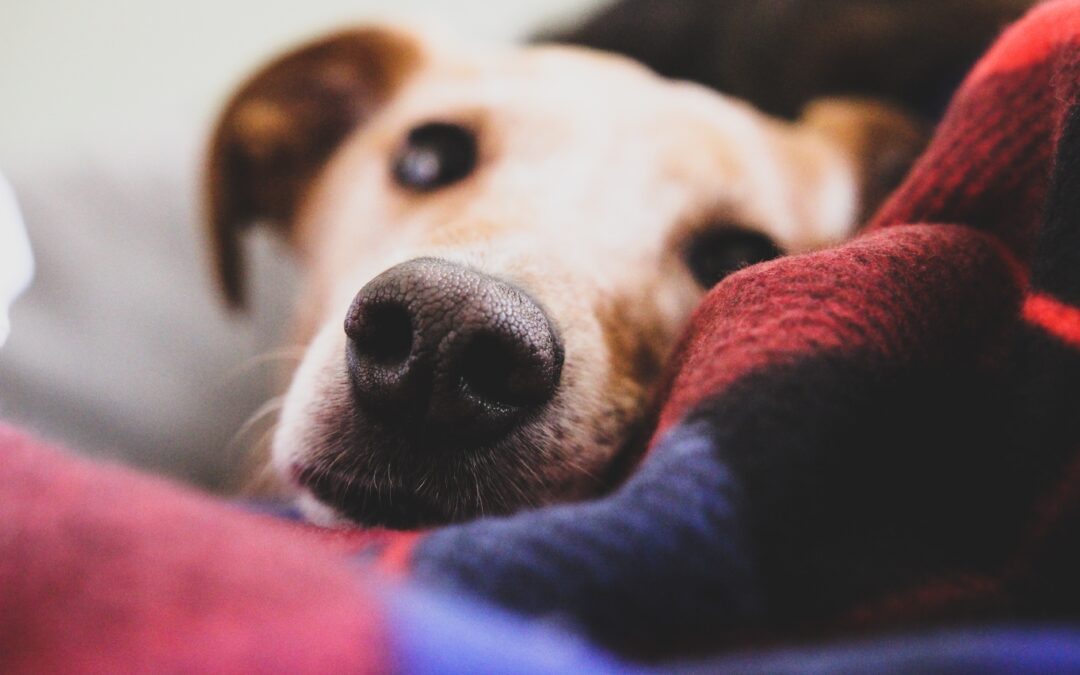Five Dangerous Chemicals for Your Pet at Home
Our team would like to offer a few of the most popular household items that are harmful to pets in honor of National Animal Poison Prevention Week, which will run from March 19 to 25.
#1: Pharmaceuticals
Medications, ranging from an entire box of beef-flavored heartworm preventives to their owner’s prescription heart medication, are one of the most frequent household dangers that pets eat. Pets frequently scoop up misplaced medicines before their owners can get to them – food-motivated dogs in particular. Also, they might search the luggage of visitors for medication bottles or break into the counter. Pet overdoses from medications can be fatal, so call an animal poison control hotline right away if your pet has ingested them.
#2: Food
Your pet may find the kitchen to be enticing and full of tempting dangers. The most typical poisonous foods include chocolate, macadamia nuts, xylitol, avocados, unbaked yeast dough, alcohol, grapes, and raisins. These foods can lead to catastrophic conditions such as kidney failure, convulsions, alcohol poisoning, and severe hypoglycemia in animals. Get a lockable trash can to keep curious noses out and stop your counter-surfing pet from assisting you in the kitchen.
#3: Domestic toxins
If your pet consumes enough of any chemical in your home, they could become harmed. Make sure the following typical chemicals are kept out of your pet’s reach:
- Cleaning products
- Disinfectants
- Aerosol air fresheners and other products
- Candles
- Antifreeze
- Windshield washer fluid
- Paint
- Glue
- Nail polish remover
#4: Indoor plants
Pets should not be around a lot of houseplants or the chemicals that make them thrive. Cats are particularly vulnerable to the dangers of lilies, and even just touching the pollen can be lethal. Dieffenbachia, elephant ear, and spider plants are some more typical houseplants that can harm your pet. Several outdoor plants, like ivy and oleander, can be harmful to animals. Check the ASPCA’s list of dangerous plants before bringing a bouquet into your house or adding greenery to your yard to make sure your flowers are safe for your pets.
#5: Coins and batteries
Ingesting coins or batteries might result in metal poisoning. Your pet could get chemical burns if they nibble on a battery and puncture it. A gastrointestinal blockage can result from swallowing complete, intact batteries.
Contact our staff right away if you suspect your pet has come into touch with something poisonous.

